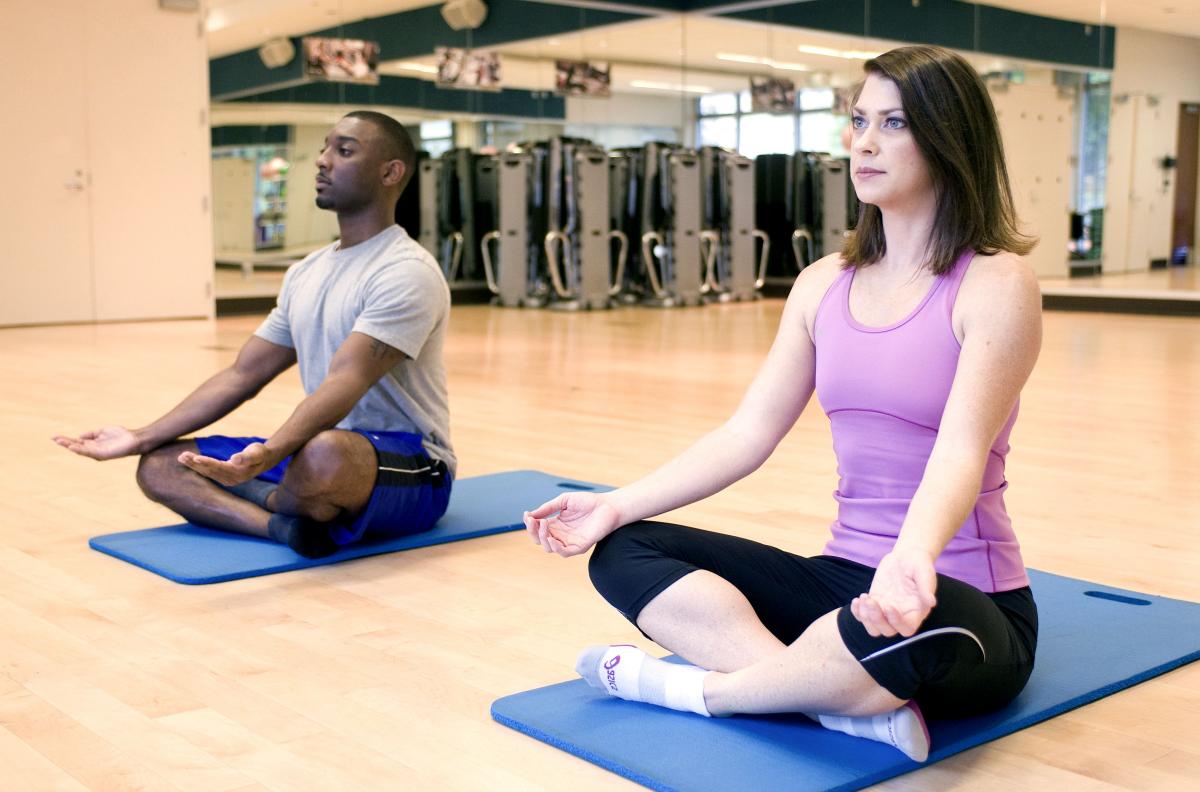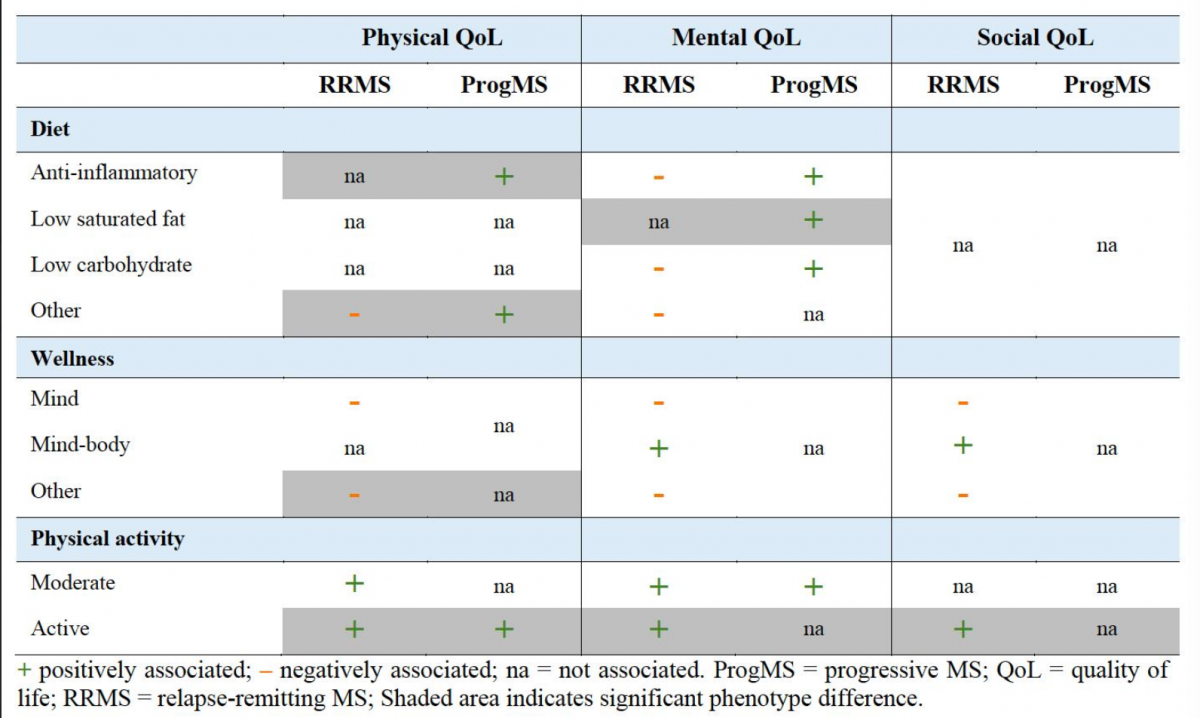What are the goals of this study?
The overall goal of this study is to understand how health and well-being for people with MS are affected by various diet and wellness practices. The initial analysis focused on learning if there is a difference in benefits between people with progressive MS and people with relapsing-remitting MS.
Who led the study and what was the funding source?
The study is being led by Dr. Nupur Nag from the Neuroepidemiology Unit at the University of Melbourne. This research team has an ongoing project called Health Outcomes and Lifestyle In a Sample of people with Multiple Sclerosis (HOLISM) which studies connections between lifestyle practices and well-being in people with MS. Dr. Nag requested data from the REAL MS study to see if findings from the iConquerMS cohort would be similar to or different from the HOLISM findings.
The funding for this analysis was provided by the Neuroepidemiology Unit.
How was the study conducted?
The iConquerMS online community was invited to fill out twice-annual REAL MS surveys that includes questions on:
- Demographics (such as age, employment, and education)
- MS status
- Diet, vitamin and supplement usage
- Wellness practices
- Physical activity
- Quality of life factors including pain, fatigue, mobility, motor coordination, depression, cognition, social participation, and sleep.
Dr. Nag and her colleagues analyzed REAL MS data from 1,108 members to look for associations between lifestyle behaviors, type of MS, and health outcomes and quality of life (QoL).
What did we learn from this study?
Key study findings include:
- Diet, wellness, and physical activity were associated with quality of life (QoL); no associations were seen for vitamin D or omega-3 supplement use
- Certain diet types were negatively associated with QoL in relapsing-remitting MS (RRMS), and positively associated in progressive MS
- Participation in wellness activities had mixed associations with QoL in RRMS but was not associated in progressive MS
- Physical activity was positively associated with QoL in RRMS and progressive MS
- Differences in associations between lifestyle practices and individual components of QoL (physical, mental and social) were seen for RRMS and progressive MS
What do these study findings mean?
Understanding how various health behaviors impact MS symptoms and quality of life in people with relapsing-remitting compared with progressive MS can help guide personalized management strategies that are specific to disease course. These results show lifestyle behaviors are associated with QoL, and these associations appear to differ based on type of MS (RRMS or progressive MS). Further research studies, using techniques that can better measure the impact of behaviors on health outcomes, are required to better inform MS management.
What will we do next with this information?
Dr. Nag and her colleagues will continue to analyze the REAL MS data further and expect to publish additional findings on the connection between wellness behaviors and health.
Learn more
Journal article (open-access): Associations between Lifestyle Behaviors and Quality of Life Differ Based on Multiple Sclerosis Phenotype
Video: "Chat with Chat" interview with Dr. Nupur Nag
Share this project summary with others:
https://www.iconquerms.org/wellness-and-diet-ms-characteristics-and-health-outcomes